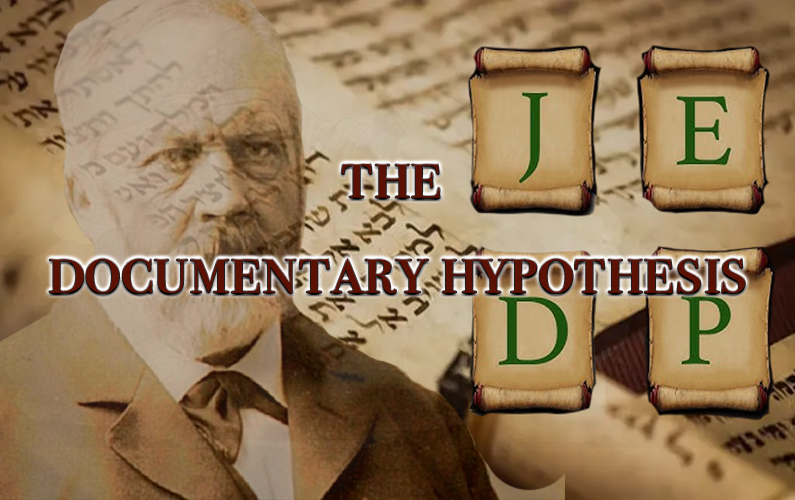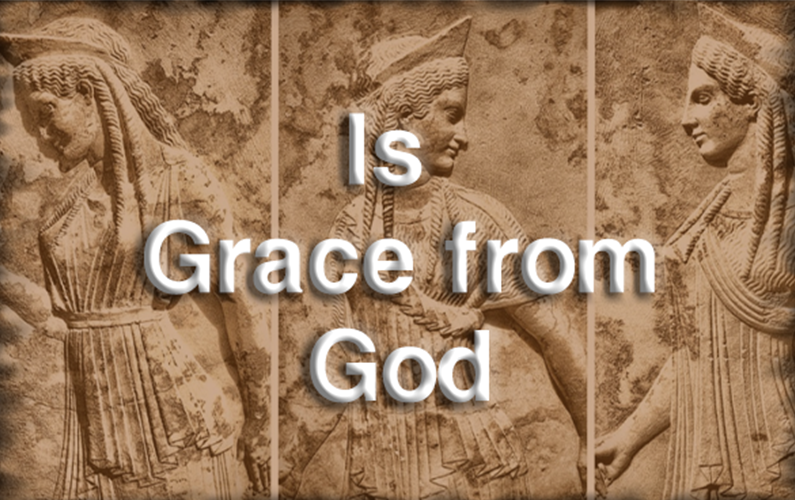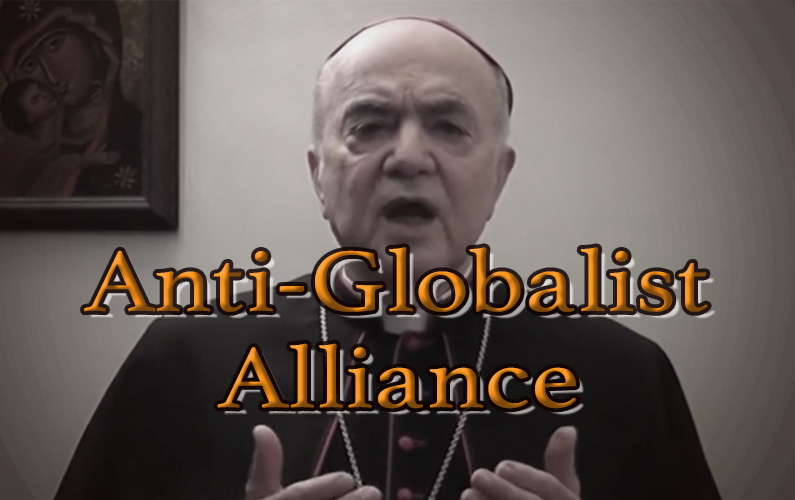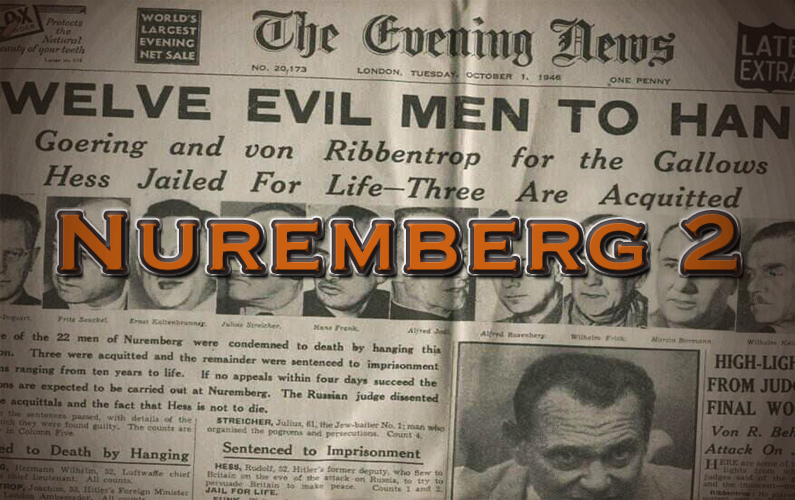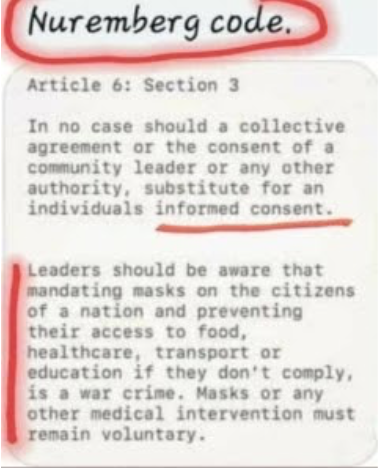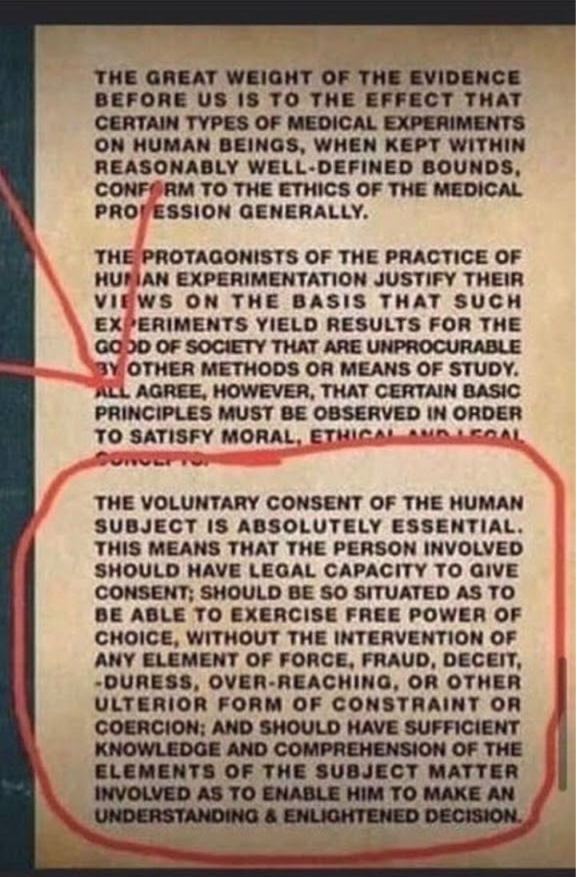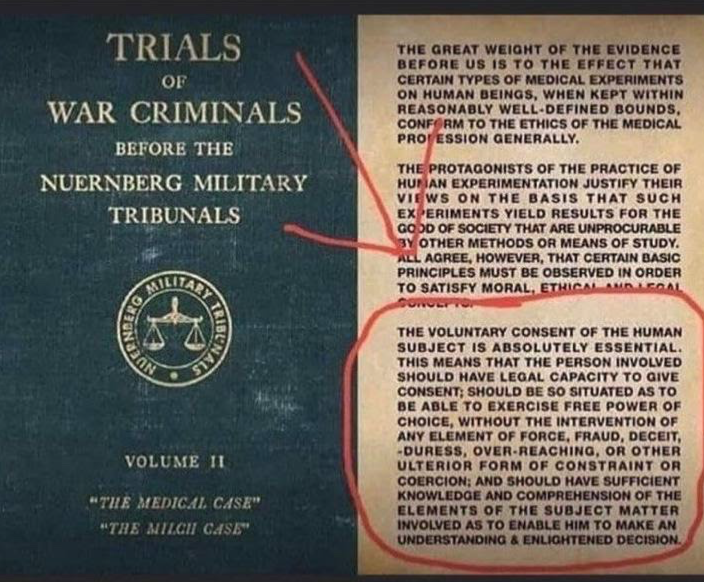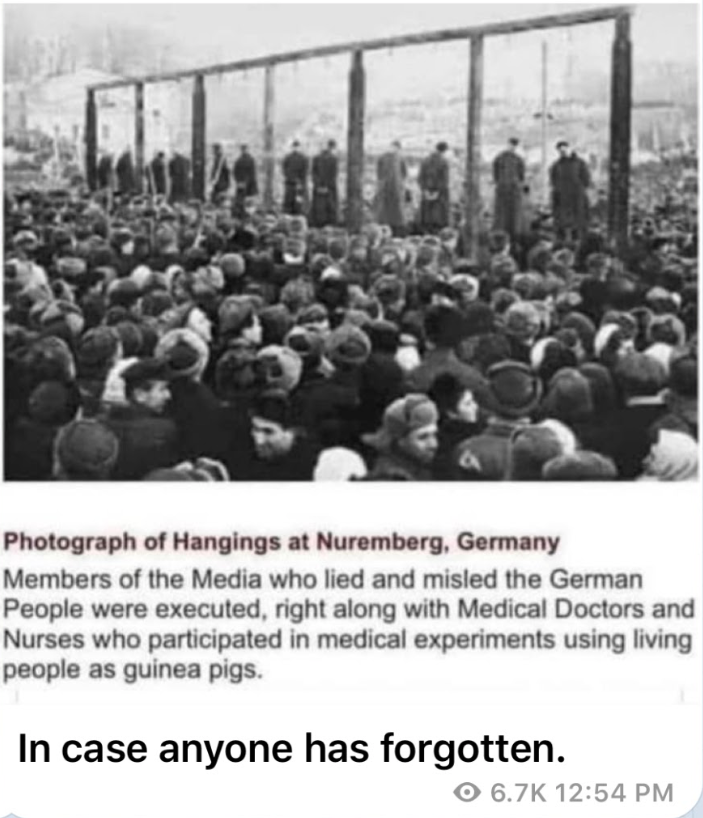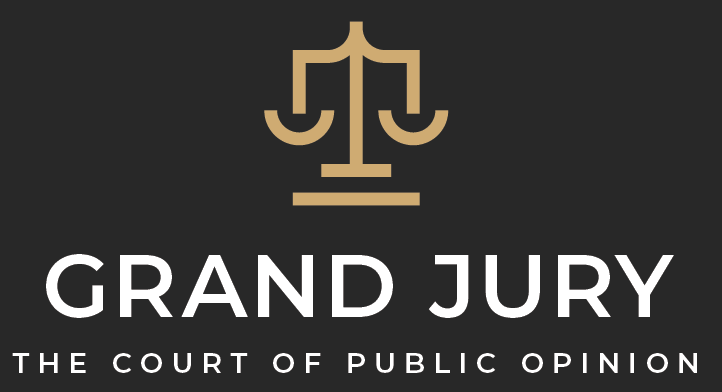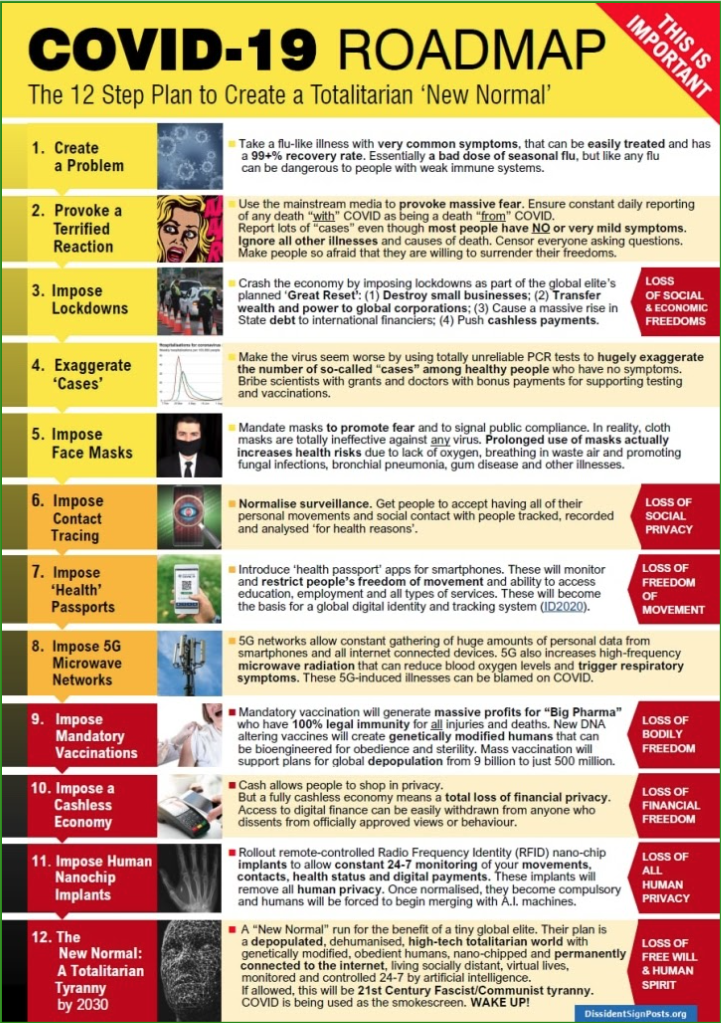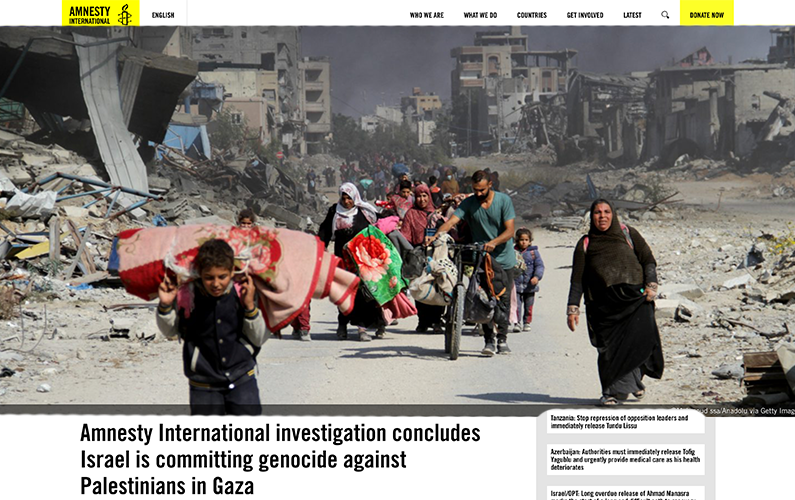
Israel Palestine Genocide
Israel Palestine Genocide
Clarification:
Judaism is not the same as political Zionism
The conflict in Palestine is not a matter of religion but of power and territorial domination.
Therefore the issue is not about Judaism but rather the Zionist political agenda.

Dietrich Bonhoeffer remained true to his words above by fighting the Nazis in WWII,
and he died for them when he was executed by the Nazis (by hanging) on the 9th of April, 1945.
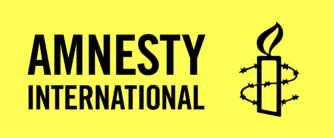
Amnesty International investigation concludes Israel is committing genocide against Palestinians in Gaza
5 December 2024
Background
On 7 October 2023 Hamas and other armed groups indiscriminately fired rockets into southern Israel and carried out deliberate mass killings and hostage-taking there, killing 1,200 people, including over 800 civilians, and abducted 223 civilians and captured 27 soldiers. The crimes perpetrated by Hamas and other armed groups during this attack will be the focus of a forthcoming Amnesty International report.
Since October 2023, Amnesty International has conducted in-depth investigations into the multiple violations and crimes under international law committed by Israeli forces, including direct attacks on civilians and civilian objects and deliberately indiscriminate attacks killing hundreds of civilians, as well as other unlawful attacks on and collective punishment of the civilian population. The organization has called on the Office of the ICC Prosecutor to expedite its investigation into the situation in the State of Palestine and is campaigning for an immediate ceasefire.
source:
https://www.amnesty.org/en/latest/news/2024/12/amnesty-international-concludes-israel-is-committing-genocide-against-palestinians-in-gaza/
Amnesty International’s research has found sufficient basis to conclude that Israel has committed and is continuing to commit genocide against Palestinians in the occupied Gaza Strip, the organization said in a landmark new report published today.
The report, ‘You Feel Like You Are Subhuman’: Israel’s Genocide Against Palestinians in Gaza, documents how, during its military offensive launched in the wake of the deadly Hamas-led attacks in southern Israel on 7 October 2023, Israel has unleashed hell and destruction on Palestinians in Gaza brazenly, continuously and with total impunity.
“Amnesty International’s report demonstrates that Israel has carried out acts prohibited under the Genocide Convention, with the specific intent to destroy Palestinians in Gaza. These acts include killings, causing serious bodily or mental harm and deliberately inflicting on Palestinians in Gaza conditions of life calculated to bring about their physical destruction. Month after month, Israel has treated Palestinians in Gaza as a subhuman group unworthy of human rights and dignity, demonstrating its intent to physically destroy them,” said Agnès Callamard, Secretary General of Amnesty International.
“Our damning findings must serve as a wake-up call to the international community: this is genocide. It must stop now.
“States that continue to transfer arms to Israel at this time must know they are violating their obligation to prevent genocide and are at risk of becoming complicit in genocide. All states with influence over Israel, particularly key arms suppliers like the USA and Germany, but also other EU member states, the UK and others, must act now to bring Israel’s atrocities against Palestinians in Gaza to an immediate end.”
Over the past two months the crisis has grown particularly acute in the North Gaza governorate, where a besieged population is facing starvation, displacement and annihilation amid relentless bombardment and suffocating restrictions on life-saving humanitarian aid.
“Our research reveals that, for months, Israel has persisted in committing genocidal acts, fully aware of the irreparable harm it was inflicting on Palestinians in Gaza. It continued to do so in defiance of countless warnings about the catastrophic humanitarian situation and of legally binding decisions from the International Court of Justice (ICJ) ordering Israel to take immediate measures to enable the provision of humanitarian assistance to civilians in Gaza,” said Agnès Callamard.
“Israel has repeatedly argued that its actions in Gaza are lawful and can be justified by its military goal to eradicate Hamas. But genocidal intent can co-exist alongside military goals and does not need to be Israel’s sole intent.”
Unprecedented scale and magnitude
Israel’s actions following Hamas’s deadly attacks on 7 October 2023 have brought Gaza’s population to the brink of collapse. Its brutal military offensive had killed more than 42,000 Palestinians, including over 13,300 children, and injured over 97,000 more, by 7 October 2024, many of them in direct or deliberately indiscriminate attacks, often wiping out entire multigenerational families. It has caused unprecedented destruction, which experts say occurred at a level and speed not seen in any other conflict in the 21st century, levelling entire cities and destroying critical infrastructure, agricultural land and cultural and religious sites. It thereby rendered large swathes of Gaza uninhabitable.
Mohammed, who fled with his family from Gaza City to Rafah in March 2024 and was displaced again in May 2024, described their struggle to survive in horrifying conditions:
“Here in Deir al-Balah, it’s like an apocalypse… You have to protect your children from insects, from the heat, and there is no clean water, no toilets, all while the bombing never stops. You feel like you are subhuman here.”
Israel imposed conditions of life in Gaza that created a deadly mixture of malnutrition, hunger and diseases, and exposed Palestinians to a slow, calculated death. Israel also subjected hundreds of Palestinians from Gaza to incommunicado detention, torture and other ill-treatment.
Viewed in isolation, some of the acts investigated by Amnesty International constitute serious violations of international humanitarian law or international human rights law. But in looking at the broader picture of Israel’s military campaign and the cumulative impact of its policies and acts, genocidal intent is the only reasonable conclusion.
Intent to destroy
To establish Israel’s specific intent to physically destroy Palestinians in Gaza, as such, Amnesty International analysed the overall pattern of Israel’s conduct in Gaza, reviewed dehumanizing and genocidal statements by Israeli government and military officials, particularly those at the highest levels, and considered the context of Israel’s system of apartheid, its inhumane blockade of Gaza and the unlawful 57-year-old military occupation of the Palestinian territory.
Before reaching its conclusion, Amnesty International examined Israel’s claims that its military lawfully targeted Hamas and other armed groups throughout Gaza, and that the resulting unprecedented destruction and denial of aid were the outcome of unlawful conduct by Hamas and other armed groups, such as locating fighters among the civilian population or the diversion of aid. The organization concluded these claims are not credible. The presence of Hamas fighters near or within a densely populated area does not absolve Israel from its obligations to take all feasible precautions to spare civilians and avoid indiscriminate or disproportionate attacks. Its research found Israel repeatedly failed to do so, committing multiple crimes under international law for which there can be no justification based on Hamas’s actions. Amnesty International also found no evidence that the diversion of aid could explain Israel’s extreme and deliberate restrictions on life-saving humanitarian aid.
In its analysis, the organization also considered alternative arguments such as ones that Israel was acting recklessly or that it simply wanted to destroy Hamas and did not care if it needed to destroy Palestinians in the process, demonstrating a callous disregard for their lives rather than genocidal intent.
‘Our damning findings must serve as a wake-up call to the international community:
this is genocide. It must stop now’.
Agnès Callamard, Amnesty International
However, regardless of whether Israel sees the destruction of Palestinians as instrumental to destroying Hamas or as an acceptable by-product of this goal, this view of Palestinians as disposable and not worthy of consideration is in itself evidence of genocidal intent.
Many of the unlawful acts documented by Amnesty International were preceded by officials urging their implementation. The organization reviewed 102 statements that were issued by Israeli government and military officials and others between 7 October 2023 and 30 June 2024 and dehumanized Palestinians, called for or justified genocidal acts or other crimes against them.
Of these, Amnesty International identified 22 statements made by senior officials in charge of managing the offensive that appeared to call for, or justify, genocidal acts, providing direct evidence of genocidal intent. This language was frequently replicated, including by Israeli soldiers on the ground, as evidenced by audiovisual content verified by Amnesty International showing soldiers making calls to “erase” Gaza or to make it uninhabitable, and celebrating the destruction of Palestinian homes, mosques, schools and universities.
Killing and causing serious bodily or mental harm
Amnesty International documented the genocidal acts of killing and causing serious mental and bodily harm to Palestinians in Gaza by reviewing the results of investigations it conducted into 15 air strikes between 7 October 2023 and 20 April 2024 that killed at least 334 civilians, including 141 children, and wounded hundreds of others. Amnesty International found no evidence that any of these strikes were directed at a military objective.
In one illustrative case, on 20 April 2024, an Israeli air strike destroyed the Abdelal family house in the Al-Jneinah neighbourhood in eastern Rafah, killing three generations of Palestinians, including 16 children, while they were sleeping.
While these represent just a fraction of Israel’s aerial attacks, they are indicative of a broader pattern of repeated direct attacks on civilians and civilian objects or deliberately indiscriminate attacks. The attacks were also conducted in ways designed to cause a very high number of fatalities and injuries among the civilian population.
Inflicting conditions of life calculated to bring about physical destruction
The report documents how Israel deliberately inflicted conditions of life on Palestinians in Gaza intended to lead, over time, to their destruction. These conditions were imposed through three simultaneous patterns that repeatedly compounded the effect of each other’s devastating impacts: damage to and destruction of life-sustaining infrastructure and other objects indispensable to the survival of the civilian population; the repeated use of sweeping, arbitrary and confusing mass “evacuation” orders to forcibly displace almost all of Gaza’s population; and the denial and obstruction of the delivery of essential services, humanitarian assistance and other life-saving supplies into and within Gaza.
After 7 October 2023, Israel imposed a total siege on Gaza cutting off electricity, water and fuel. In the nine months reviewed for this report, Israel maintained a suffocating, unlawful blockade, tightly controlled access to energy sources, failed to facilitate meaningful humanitarian access within Gaza, and obstructed the import and delivery of life-saving goods and humanitarian aid, particularly to areas north of Wadi Gaza. They thereby exacerbated an already existing humanitarian crisis. This, combined with the extensive damage to Gaza’s homes, hospitals, water and sanitation facilities and agricultural land, and mass forced displacement, caused catastrophic levels of hunger and led to the spread of diseases at alarming rates. The impact was especially harsh on young children and pregnant or breastfeeding women, with anticipated long-term consequences for their health.
‘The international community’s seismic,
shameful failure for over a year to press Israel to end its atrocities in Gaza,
by first delaying calls for a ceasefire and then continuing arms transfers,
is and will remain a stain on our collective conscience’.
Agnès Callamard, Amnesty International
Time and again, Israel had the chance to improve the humanitarian situation in Gaza, yet for over a year it has repeatedly refused to take steps blatantly within its power to do so, such as opening sufficient access points to Gaza or lifting tight restrictions on what could enter the Strip or their obstruction of aid deliveries within Gaza while the situation has grown progressively worse.
Through its repeated “evacuation” orders Israel displaced nearly 1.9 million Palestinians – 90% of Gaza’s population – into ever-shrinking, unsafe pockets of land under inhumane conditions, some of them up to 10 times. These multiple waves of forced displacement left many jobless and deeply traumatized, especially since some 70% of Gaza’s residents are refugees or descendants of refugees whose towns and villages were ethnically cleansed by Israel during the 1948 Nakba.
Despite conditions quickly becoming unfit for human life, Israeli authorities refused to consider measures that would have protected displaced civilians and ensured their basic needs were met, showing that their actions were deliberate.
They refused to allow those displaced to return to their homes in northern Gaza or relocate temporarily to other parts of the Occupied Palestinian Territory or Israel, continuing to deny many Palestinians their right to return under international law to areas they were displaced from in 1948. They did so knowing that there was nowhere safe for Palestinians in Gaza to flee to.
Accountability for genocide
“The international community’s seismic, shameful failure for over a year to press Israel to end its atrocities in Gaza, by first delaying calls for a ceasefire and then continuing arms transfers, is and will remain a stain on our collective conscience,” said Agnès Callamard.
“Governments must stop pretending they are powerless to end this genocide, which was enabled by decades of impunity for Israel’s violations of international law. States need to move beyond mere expressions of regret or dismay and take strong and sustained international action, however uncomfortable a finding of genocide may be for some of Israel’s allies.
“The International Criminal Court’s (ICC) arrest warrants for Prime Minister Benjamin Netanyahu and former Defense Minister Yoav Gallant for war crimes and crimes against humanity issued last month offer real hope of long-overdue justice for victims. States must demonstrate their respect for the court’s decision and for universal international law principles by arresting and handing over those wanted by the ICC.
“We are calling on the Office of the Prosecutor of the International Criminal Court (ICC) to urgently consider adding genocide to the list of crimes it is investigating and for all states to use every legal avenue to bring perpetrators to justice. No one should be allowed to commit genocide and remain unpunished.”
Amnesty International is also calling for all civilian hostages to be released unconditionally and for Hamas and other Palestinian armed groups responsible for the crimes committed on 7 October to be held to account.
The organization is also calling for the UN Security Council to impose targeted sanctions against Israeli and Hamas officials most implicated in crimes under international law.
Israel’s refusal to grant Palestinian refugees right to return has fuelled seven decades of suffering
15 May 2019
– Nakba Day on 15 May marks the displacement of more than 700,000 Palestinians following the creation of the State of Israel in 1948
– More than 70 years later, Israel still denies Palestinian refugees their right to return to their land
– Amnesty International’s dedicated Nakba website describes the heartbreaking struggles of Palestinian refugees in Lebanon, Jordan and the Occupied Palestinian Territories
Israel’s failure to respect the right to return for Palestinians who were forced to flee their homes in 1948 is a flagrant violation of international law that has fuelled decades of suffering on a mass scale for Palestinian refugees across the region, said Amnesty International, marking 71 years since the Nakba (catastrophe), as it is known to Palestinians.
Amnesty International’s dedicated Nakba website 70+ Years of Suffocation showcases powerful images and testimonies that tell the heartbreaking stories of Palestinian refugees living in the Occupied Palestinian Territories (OPT), Jordan and Lebanon. To mark Nakba Day, Amnesty International is asking people from around the world to show solidarity with Palestinian refugees and demand that Israel respect their right to return.
“More than 70 years after the conflict that followed Israel’s creation, the Palestinian refugees who were forced out of their homes and dispossessed of their land as a result continue to face the devastating consequences,” said Philip Luther, Amnesty International’s Research and Advocacy Director for the Middle East and North Africa.
“This weekend almost 200 million people will tune in to watch the Eurovision song contest in Israel, but, behind the glitz and glamour, few will be thinking of Israel’s role in fuelling seven decades of misery for Palestinian refugees.
“There can be no lasting solution to the Palestinian refugee crisis until Israel respects Palestinian refugees’ right to return. In the meantime, Lebanese and Jordanian authorities must do everything in their power to minimize the suffering of Palestinian refugees by repealing discriminatory laws and removing obstacles blocking refugees’ access to employment and essential services.”
There can be no lasting solution to the Palestinian refugee crisis until Israel respects Palestinian refugees’ right to return
Philip Luther, Middle East and North Africa Research and Advocacy Director
There are currently more than 5.2 million registered Palestinian refugees. The vast majority live in Jordan, Lebanon, Syria and the Occupied Palestinian Territories (OPT). Israel has failed to recognize their right under international law to return to homes where they or their families once lived in Israel or the OPT. At the same, they have never received compensation for the loss of their land and property.
Many have been forced to live their entire lives in overcrowded camps in dire conditions and are denied access to essential services.
“Palestinian refugees in Lebanon, Jordan and the Occupied Palestinian Territories are trapped in a cycle of deprivation and systematic discrimination with no end in sight. For many of them life is full of suffocating restrictions and has become a living hell,” said Philip Luther.
Challenges for Palestinian refugees in Lebanon and Jordan
To mark Nakba Day, Amnesty International has gathered new testimony from Palestinian refugees describing the restrictions they face in Lebanon and Jordan.
Although the majority of Palestinian refugees in Lebanon were born in the country and have lived there all their lives, they cannot acquire Lebanese nationality, and many remain stateless and deprived of access to public services including medical care and education.
Several Palestinian refugees in Lebanon told Amnesty International how their hopes of pursuing professional careers and building a better future have been shattered as a result of discriminatory laws that bar Palestinians from practising over 30 professions including medicine, dentistry, law, architecture and engineering. Such restrictions have trapped many Palestinian refugees in deprivation and poverty.
Mohammad, a 21-year-old Palestinian refugee, described how his hopes of becoming a dentist were crushed when he discovered he cannot work as a professional dentist in Lebanon simply because he is Palestinian. He told Amnesty International he hated life in the camp: “I am surrounded by poverty… I want to create a better life for myself, away from all of this misery.”
Sara Abu Shaker, 14, has chosen to pursue her dream of studying medicine even though as a Palestinian she can never practise as a doctor in Lebanon.
“Even if I can’t be a doctor here, I could go to Palestine and help those in need, particularly the underprivileged children. I want to save lives…,” she said.
Around 2.1 million Palestinian refugees live in Jordan, some 370,000 of them in camps where conditions are generally sub-standard. Around three quarters of Palestinian refugees in Jordan have been granted Jordanian citizenship, giving them access to health care and education. However, over 600,000, including some 150,000 who fled to Jordan from the Gaza Strip following the 1967 Israeli-Arab conflict, were not naturalized and do not have sufficient access to public services.
Jundia Awwad, 48, whose family is from what is now southern Israel, was born in Jordan and has lived her entire life in Jerash refugee camp. She described the anguish of living as a refugee in Jordan.
“I grew up in the hope that tomorrow we will return to Palestine but instead we stayed in houses made of asbestos sheets…. I want to live like other human beings. I want health care, proper education and infrastructure. I want equality,” she said.
A decision by the US authorities in 2018 to cut funding to the UN Relief and Works Agency for Palestine Refugees (UNRWA), which provides essential services, including health care, education, emergency assistance and jobs, to millions of Palestinian refugees has put further strain on their lives.
“The situation for Palestinian refugees is untenable and grows closer to breaking point with every year that passes. How much longer can Palestinian refugees be expected to be condemned to a life of suffering, deprivation and discrimination simply because of their origin?” said Philip Luther.
To produce its dedicated Nakba website Amnesty International teamed up with Tanya Habjouqa, an award-winning photographer, to document the personal stories of a select number of Palestinian refugees in different camps in Jordan, Lebanon and the OPT.
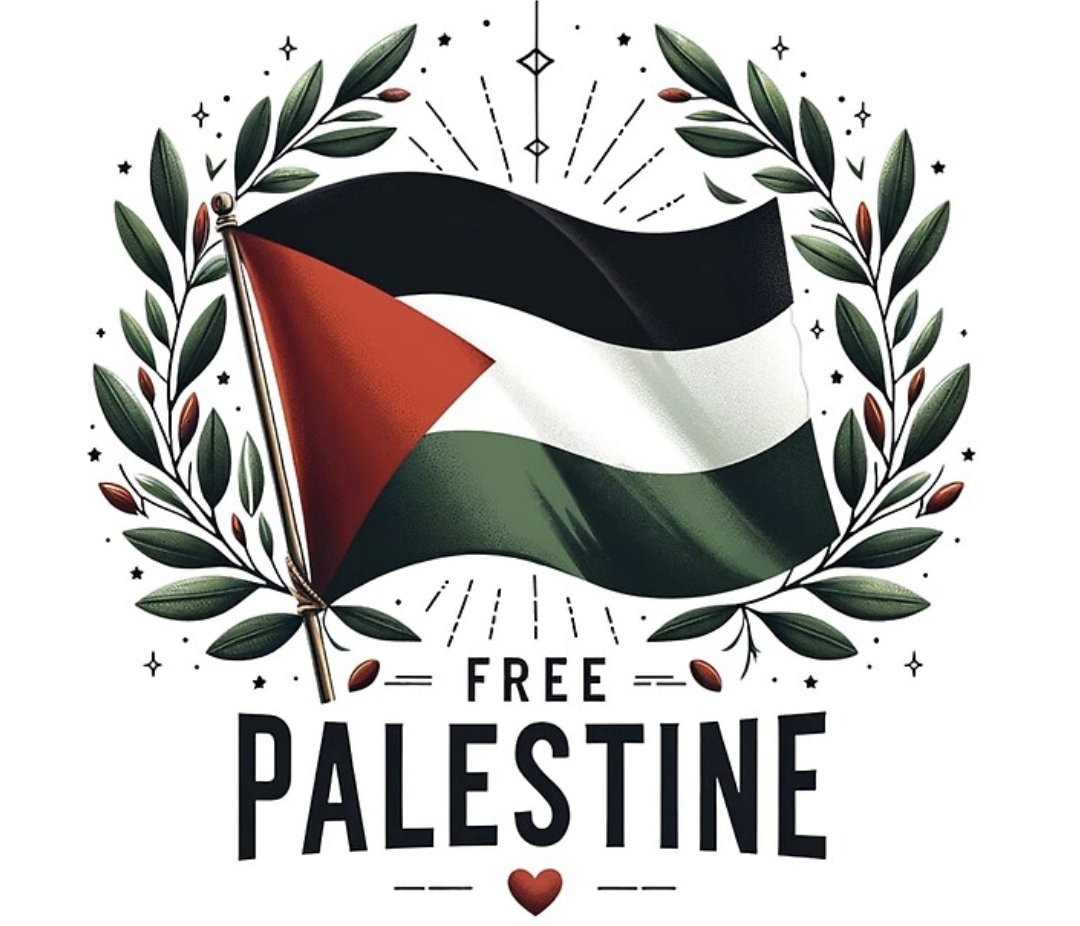
Gaza is a ‘killing field’ where people are being starved. How long will the world tolerate this?
Arwa Mahdawi
Gaza is a ‘killing field’, says UN chief, as agencies urge world to act on Israel’s blockade


